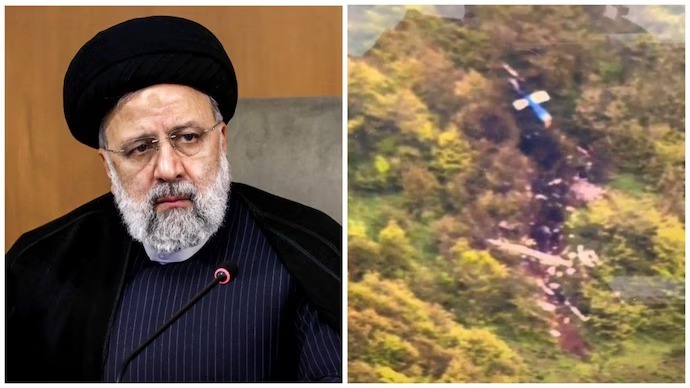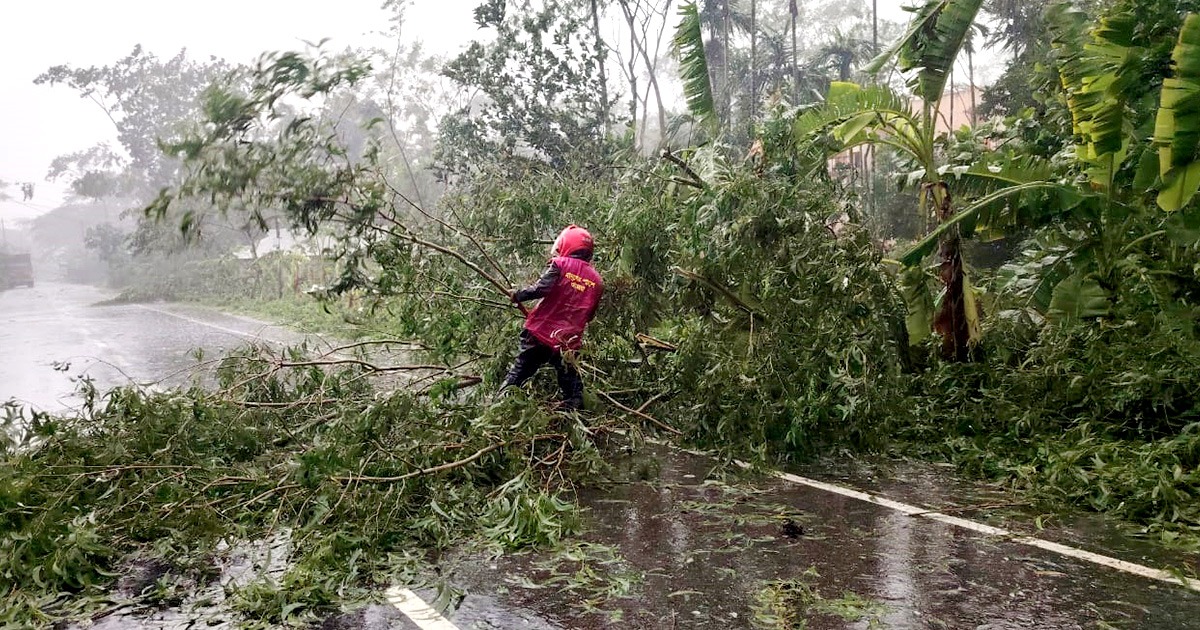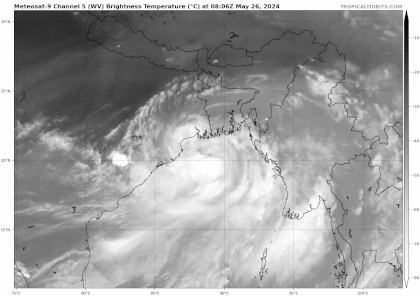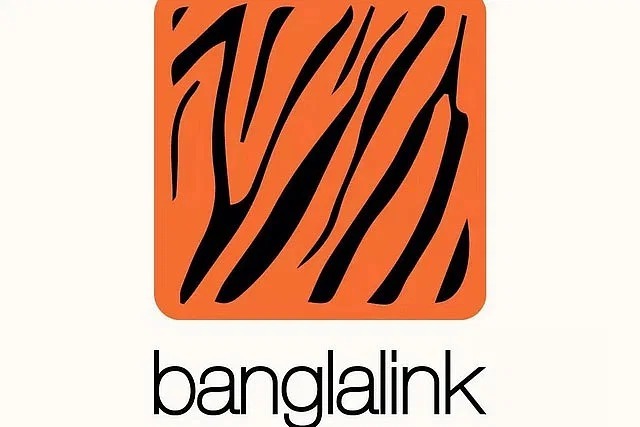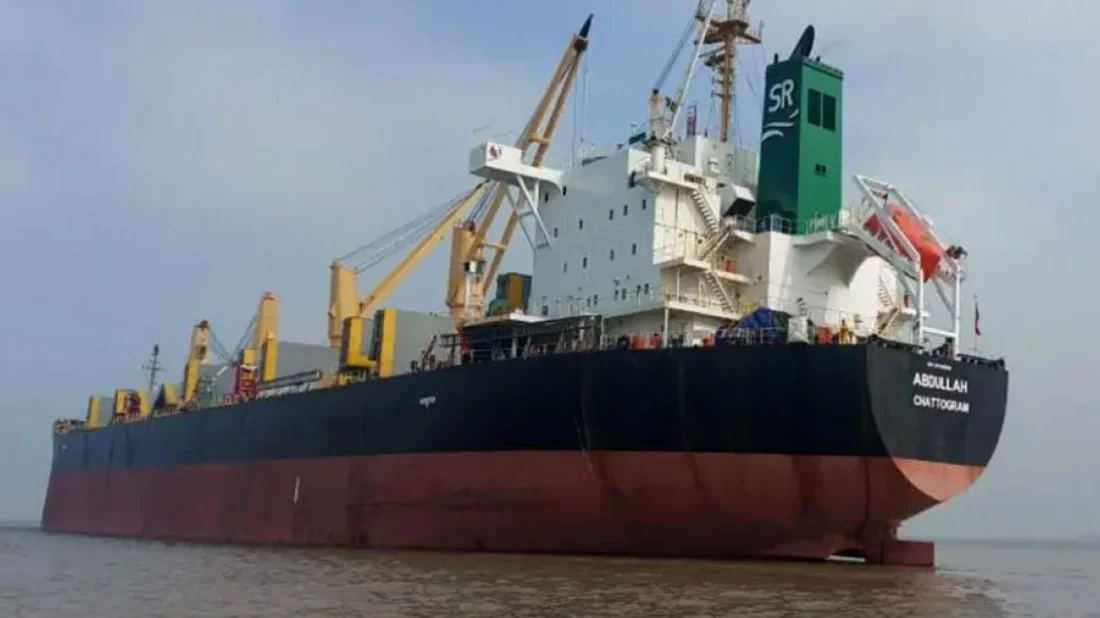- Iran’s Leadership in Flux Following Raisi’s Demise
- Immediate Impact Minimal, Long-Term Succession Uncertain
- Supreme Leader’s Role Remains Central
Supreme Leader Ayatollah Ali Khamenei maintains ultimate control over Iran’s policies and governance. Despite the tragic death of President Ebrahim Raisi, who was seen as a likely successor to the 85-year-old leader, immediate changes to the ruling system are not expected. Khamenei’s influence over the military and political landscape remains intact.
Raisi’s Death Alters Succession Dynamics
Raisi’s untimely death in a helicopter crash has significant implications for the future leadership of Iran. As a hard-liner and Khamenei’s protege, Raisi was considered a top candidate to become the next supreme leader. His absence potentially paves the way for Khamenei’s son, Mojtaba, to ascend to this critical role, though this could stir controversy within Iran’s political sphere.
Hereditary Succession: A Crisis of Legitimacy?
A hereditary succession could challenge the legitimacy of the Islamic Republic, established to reject monarchy. This shift might provoke criticism and unrest among Iranians who already view the regime as corrupt and dictatorial.
Iran’s Political Structure Remains Unchanged
Despite the leadership change, Iran’s fundamental political structure will persist. Elections for the presidency and parliament are held regularly, but ultimate authority resides with the supreme leader. The Guardian Council, half of which is appointed by Khamenei, continues to vet candidates, ensuring the preservation of the status quo.
Future of Iran’s Policies and Public Reaction
The immediate impact on Iran’s domestic and foreign policies is expected to be minimal. However, Raisi’s death and the potential for Mojtaba Khamenei to succeed his father could trigger public discontent. The nation’s recent history of protests, especially following the death of Mahsa Amini, highlights the populace’s growing frustration with the regime’s policies and practices.
Conclusion
The death of President Raisi marks a pivotal moment in Iran’s political landscape. While the immediate governance and policies may remain stable under Supreme Leader Khamenei’s control, the long-term implications for succession could lead to significant unrest and challenges to the regime’s legitimacy.

